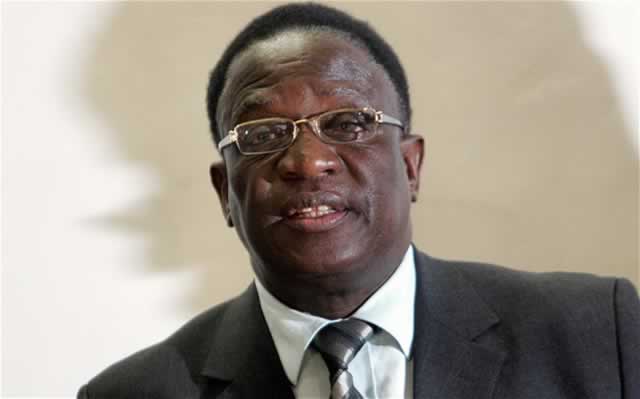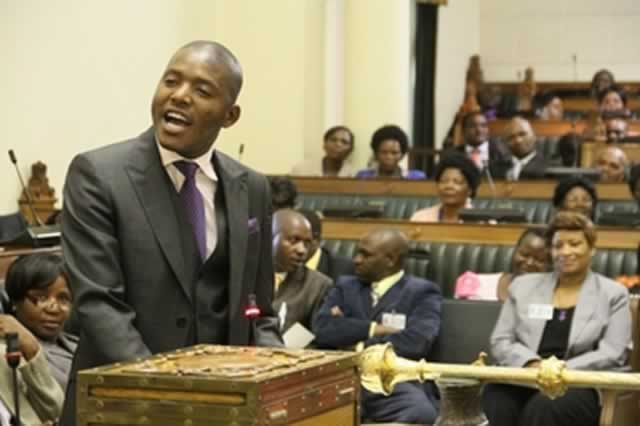President’s reputation must be protected

Daniel Nemukuyu Senior Court Reporter
LAWS criminalising the undermining of the authority of the President and communicating of falsehoods must not be revoked since they protect the reputation of the President and his office, Justice, Legal and Parliamentary Affairs Minister Emmerson Mnangagwa has said.
Minister Mnangagwa was responding in heads of arguments he filed yesterday contesting the Constitutional Court’s observation that sections of the Criminal Law Codification and Reform Act that criminalised the undermining of the authority of the President and communicating falsehoods were in violation of the Constitution.
The Constitutional Court last month observed that Section 31 (a) (iii) which criminalises publishing or communicating false statements prejudicial to the State and Section 33 (a) (ii) which criminalises undermining the authority of the President had the effect of breaching people’s rights and invited Minister Mnangagwa to justify their existence by today if he so wished.
Minister Mnangagwa argued that it was necessary to protect the reputation of the President.
“Is the goal of the protection of reputation of the President and his office a pressing and substantial objective in our society? We submit it is,” he said.
“The protection of the President’s reputation from wilful and false attack recognises both the innate dignity of the individual and the integral link between reputation and the fruitful participation of an individual in society.
“Preventing damage to reputation as a result of criminal insult and defamation is a legitimate goal of the criminal law.”
The ruling by the Constitutional Court followed an appeal by Zimbabwe Independent journalists Constantine Chimakure and Vincent Kahiya on one hand and artist Owen Maseko on the other, all of whom had been charged under the Criminal Code.
Chimakure and Kahiya were charged under Section 31 for allegedly publishing or communicating a false statement prejudicial to the State, while Maseko was charged under Section 33 for allegedly undermining the authority of the President through his paintings.
The two journalists were charged after they published a story titled “Activists’ abductors named,” where in the story senior police officials were identified as having abducted MDC-T activists and Zimbabwe Peace Project director Jestina Mukoko in 2009.
Maseko was arrested for making paintings reminiscent of the dissident menace that afflicted the Matabeleland and Midlands provinces soon after independence.
Minister Mnangagwa argued that the court erred in ruling in favour of the journalists and the artist. He argued that the court failed to properly assess the proportionality of Section 31 of the Code, which criminalised publishing or communicating false statements prejudicial to the State.
“This honourable court failed to adopt a proper approach in trying to assess the proportionality of Section 31 of the Code to Section 20(1) of the Constitution of Zimbabwe, thereby wrongly making a finding that the impugned provision is overboard,” said Minister Mnangagwa.
“While the court was attempting to satisfy the test known in deciding whether or not a law is reasonably justifiable in a democratic society, the study of essential elements of the offences with a view to assess its breadth led the court to omit the first fundamental criteria before adopting the proportionality test.”
Minister Mnangagwa filed the heads of arguments through the Prosecutor General’s Office.











Comments